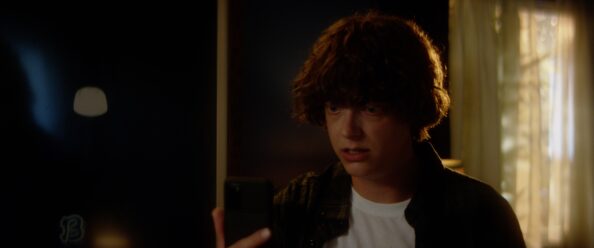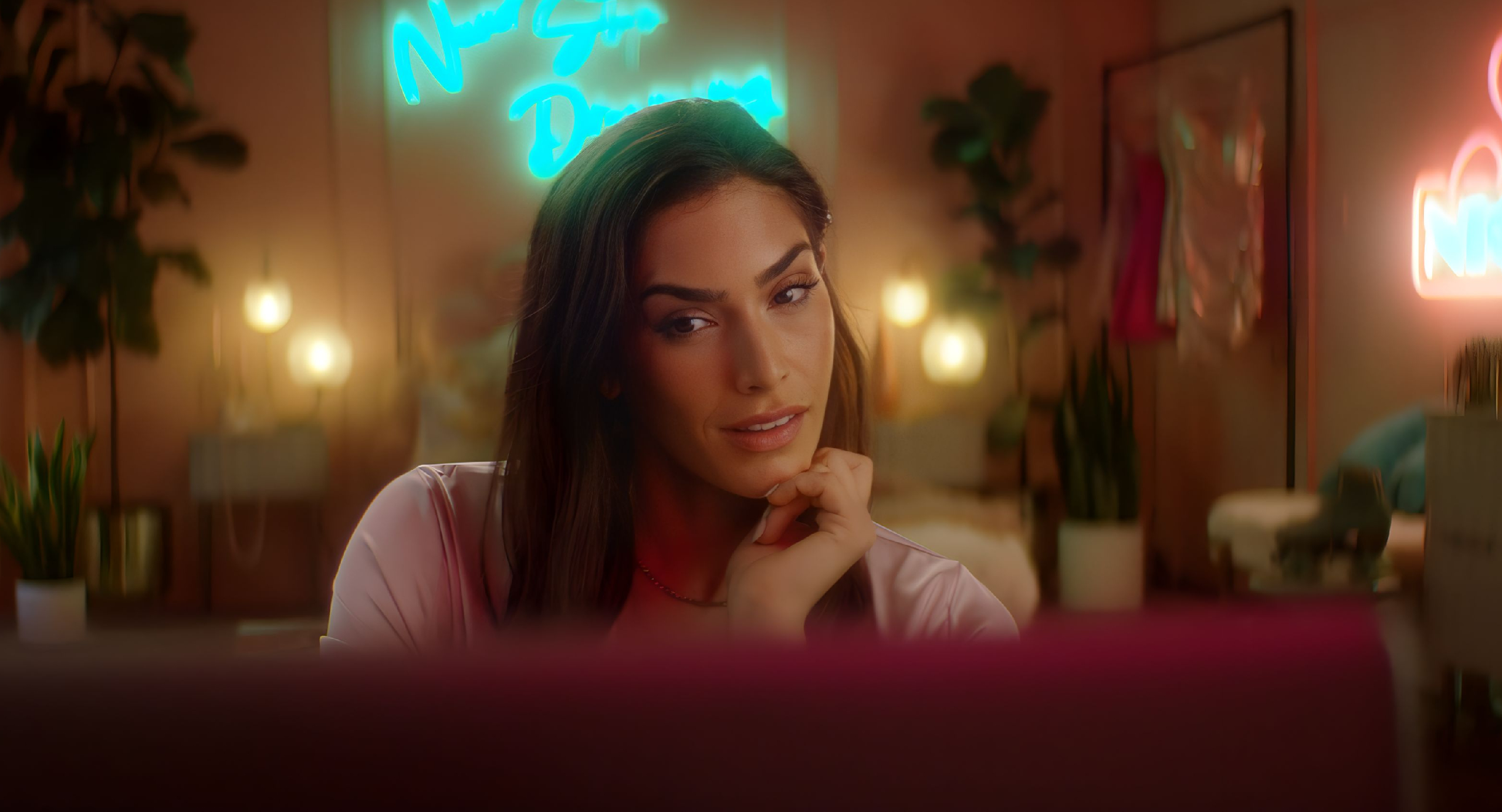Love Virtually, the science-fiction romance film directed by L.E. Staiman and co-written by Staiman and Cheston Mizel, dives headfirst into the popular realm of virtual reality and online relationships. The film centers around four couples, striving for true love within a virtual world where the Metaverse is commonly used. Despite its promising premise and the talents of its lead actors, Cheri Oteri and Stephen Tobolowsky, the film fails to deliver a truly original or engaging experience. Instead, it feels like a poorly executed rehash of concepts borrowed from better films, most notably Ready Player One.
The movie’s premise, exploring the absurd lengths people go to in search of love within a virtual realm, had the potential for a unique and thought-provoking story. However, Love Virtually falls short of realizing this potential due to its lackluster execution and uninspired storytelling. The film’s attempts to explore the complexities of online relationships and the blurred lines between reality and the virtual world come off as shallow and clichéd, lacking the depth and nuance needed to make a meaningful impact.
The Bad:
One of the film’s major flaws is its blatant borrowing from Ready Player One, a highly successful and critically acclaimed film that delves into the immersive world of virtual reality. Love Virtually shamelessly mimics many elements from Ready Player One, from the visually striking virtual landscapes to the high-stakes challenges faced by the characters. While it’s not uncommon for movies to draw inspiration from others, Love Virtually fails to bring anything new or innovative to the table. Instead, it feels like a diluted version of a story that has already been told, leaving audiences with a sense of déjà vu and disappointment.
The performances of the lead actors, Cheri Oteri and Stephen Tobolowsky, do little to salvage the film. While both actors are talented in their own right, they are given little to work with. Dr. Evelyn, played by Cheri Oteri, is a one-dimensional character whose motivations and emotions are never explored in depth. Similarly, Dr. Divine, portrayed by Stephen Tobolowsky, lacks the depth and complexity needed to make his character compelling. As a result, the chemistry between the two leads feels forced and unconvincing, making it difficult for audiences to invest in their relationship or care about their journey.
The film’s visuals are not enough to compensate for its lackluster narrative and uninspired characters. The virtual landscapes lack the creativity and imagination that made Ready Player One such a visual spectacle. Instead of transporting audiences to an immersive world, Love Virtually offers a watered-down version of the virtual reality experience. It massively fails to capture the sense of wonder and awe that is essential for this genre.

In addition to its lack of originality, Love Virtually suffers from pacing issues and a disjointed narrative structure. The film struggles to maintain a consistent tone and fails to build a sense of urgency or tension. This leaves audiences disengaged and indifferent to the characters’ fates. The abrupt shifts between different storylines and the lack of a cohesive narrative thread make it challenging to follow. As a result, this leads to a frustrating viewing experience.
Overall:
Love Virtually is a disappointing foray into the world of virtual reality romance. Despite its intriguing premise, the film ultimately falls flat due to its lack of originality, uninspired characters, and haphazard execution. The movie’s shameless borrowing from Ready Player One only serves to highlight its shortcomings. This leaves audiences with a sense of dissatisfaction and the impression that they have seen it all before. For viewers seeking a more engaging and innovative take on virtual reality storytelling, it is advisable to look elsewhere. Love Virtually offers little more than a lackluster imitation of superior films in the genre.
Love Virtually Review: Disappointing Dive into Familiar Territory
- Acting – 3/10
- Cinematography/Visual Effects – 2/10
- Plot/Screenplay – 4/10
- Setting/Theme – 3/10
- Watchability – 3/10
- Rewatchability – 2/10
